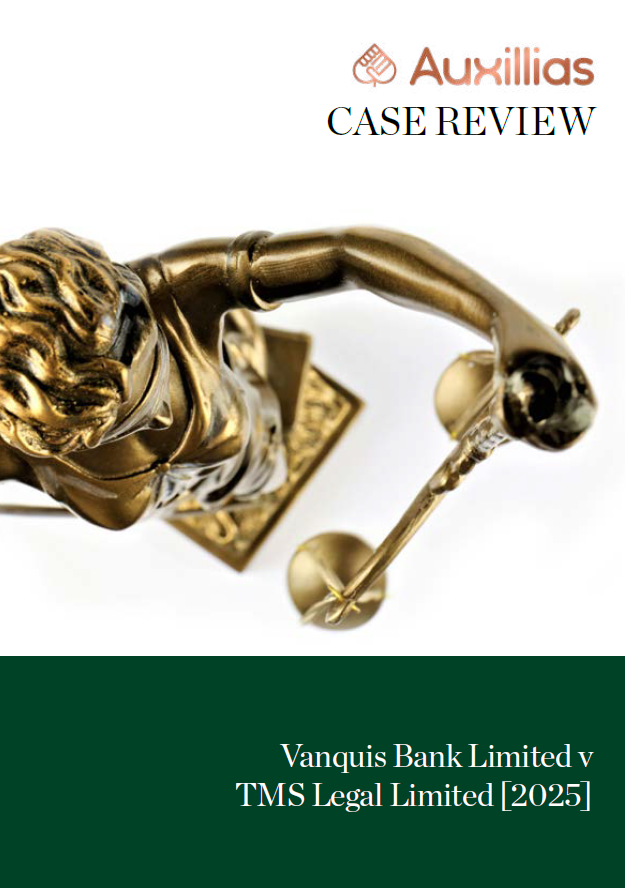Case review: Vanquis Bank Limited v TMS Legal Limited [2025]
Landmark decision: Vanquis Bank v TMS Legal - a positive step forward for lenders
Judgement Date: 27 June 2025
In a significant ruling for lenders, the High Court has dismissed TMS Legal’s attempt to strike out Vanquis Bank’s claim for damages and injunctive relief - marking the first time a High Court has allowed a claim to proceed against a CMC for interfering with a lender’s ability to operate.
This potentially precedent-setting case opens the door for lenders to seek damages in court, rather than relying solely on regulatory bodies such as the FCA or FOS, when faced with a high volume of weak or misrepresented claims.
Why this matters:
It confirms that solicitor-led CMCs can be held to account where they act recklessly or breach their duties to clients.
It validates a lender’s right to protect its operations and reputation from mass meritless claims.
It sets the scene for possible regulatory scrutiny and higher expectations around CMC conduct and claim quality.
Vanquis contended that TMS Legal submitted thousands of complaints, many lacking key information, client authority or any genuine basis. Over 33,000 claims were made, but the majority were rejected - and of 12,250 complaints reviewed by FOS, 84% were withdrawn or dismissed.
The High Court found that Vanquis had an arguable case under the economic tort of causing loss by unlawful means and that TMS’s conduct - if proven - could amount to a serious abuse of process.
This case will now proceed to trial. While the outcome remains to be seen, it sends a clear message: the courts may be willing to back lenders who are disproportionately burdened by unsubstantiated complaints.
Download our case review here now.
How Auxillias can help:
We’re actively supporting clients facing CMC-driven complaints - helping them assess merits, respond effectively and, where appropriate, push back. If you’re seeing a spike in claims or would like a strategic review of your approach, get in touch via the details on our contact page.

